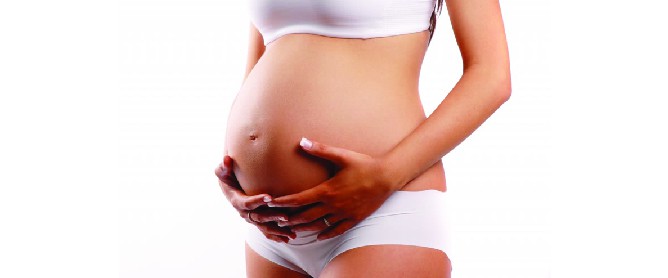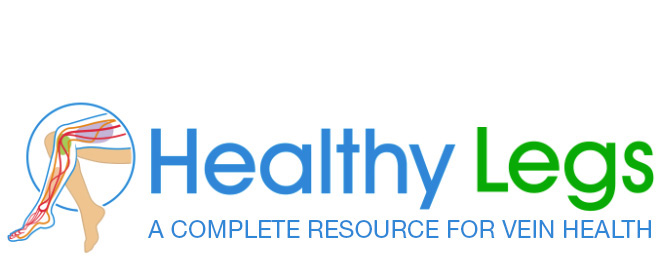
It can be quite common for varicose veins to develop during pregnancy. There are a couple of factors that influence this.
Increased Blood Volume
Firstly, there is an increase in blood volume during pregnancy which causes greater pressure on the leg veins to carry the blood around the body. When veins are under greater pressure than normal they can struggle to push all of the blood back up to the heart, and pooling of blood can occur. This pooling of blood can lead to the development of varicose veins.
Read more information on the development of varicose veins.
Read more information on the development of varicose veins.
Increased Hormones
Secondly, levels of hormones rise during pregnancy, specifically oestrogen, progesterone and relaxin, which can weaken vein walls. Higher hormone levels during pregnancy work to weaken connective tissues and collagen in the pelvis in preparation for birth.
Unfortunately this also means hormones can weaken the collagen found in veins and their valves meaning that veins lose their elasticity and pooling of blood can occur in the veins – which can lead to varicose veins. These reasons are why taking the contraceptive pill is another risk factor for developing varicose veins, as the pill increases the level hormones present.
Unfortunately this also means hormones can weaken the collagen found in veins and their valves meaning that veins lose their elasticity and pooling of blood can occur in the veins – which can lead to varicose veins. These reasons are why taking the contraceptive pill is another risk factor for developing varicose veins, as the pill increases the level hormones present.
Increased Pressure
Finally, the growing uterus places more pressure on the leg veins around the pelvic area, and this can hinder the flow of blood back to the heart.
What can be done?
Before Pregnancy
Vein specialists now often recommend that women seek early treatment before they get pregnant if they are at risk of developing varicose veins. This is particularly true in women who have a strong personal and/or family history of vein problems. Treatment of early stage vein problems is less traumatic and easier than late stage chronic venous insufficiency.
During Pregnancy
To prevent or decrease symptoms you should:
Vein specialists now often recommend that women seek early treatment before they get pregnant if they are at risk of developing varicose veins. This is particularly true in women who have a strong personal and/or family history of vein problems. Treatment of early stage vein problems is less traumatic and easier than late stage chronic venous insufficiency.
During Pregnancy
To prevent or decrease symptoms you should:
- Avoid standing for long periods of time
- Walk as much as possible to help increase circulation
- Always prop your feet up on a stool when sitting
- Avoid sitting for long periods of time
- Wear support stockings
- Get enough vitamin C (this helps keeps your veins healthy and elastic)
- Sleep on your left side to avoid pressure on your main blood vessels, and keep circulation strong
- Sit with your legs higher than your head for at least half an hour a day.
- Try to keep within the recommended weight range for your stage of pregnancy – extra weight only increases the demand on your circulatory system
Between Pregnancies
Varicose veins tend to get worse with subsequent pregnancies. For this reason it is often recommended that women don’t get treatment until after they’ve finished having children, unless of course there is a more urgent need to treat them.
After Birth
The good news is that in most cases, if you didn’t have them before pregnancy, your veins will most likely shrink or disappear altogether within a few months of giving birth. However, your veins are less likely to shrink as much if you:
Varicose veins tend to get worse with subsequent pregnancies. For this reason it is often recommended that women don’t get treatment until after they’ve finished having children, unless of course there is a more urgent need to treat them.
After Birth
The good news is that in most cases, if you didn’t have them before pregnancy, your veins will most likely shrink or disappear altogether within a few months of giving birth. However, your veins are less likely to shrink as much if you:
- had varicose veins before pregnancy,
- have had multiple pregnancies,
- have a family history of varicose veins, are overweight, or
- tend to stand for long periods.
Remember too, that if you are thinking about having treatment but think there is a chance you could be pregnant, you should make sure your Doctor knows. You should not have treatment if you are, or could be, pregnant.
Find a doctor near you who specialises in varicose veins.
Find a doctor near you who specialises in varicose veins.









